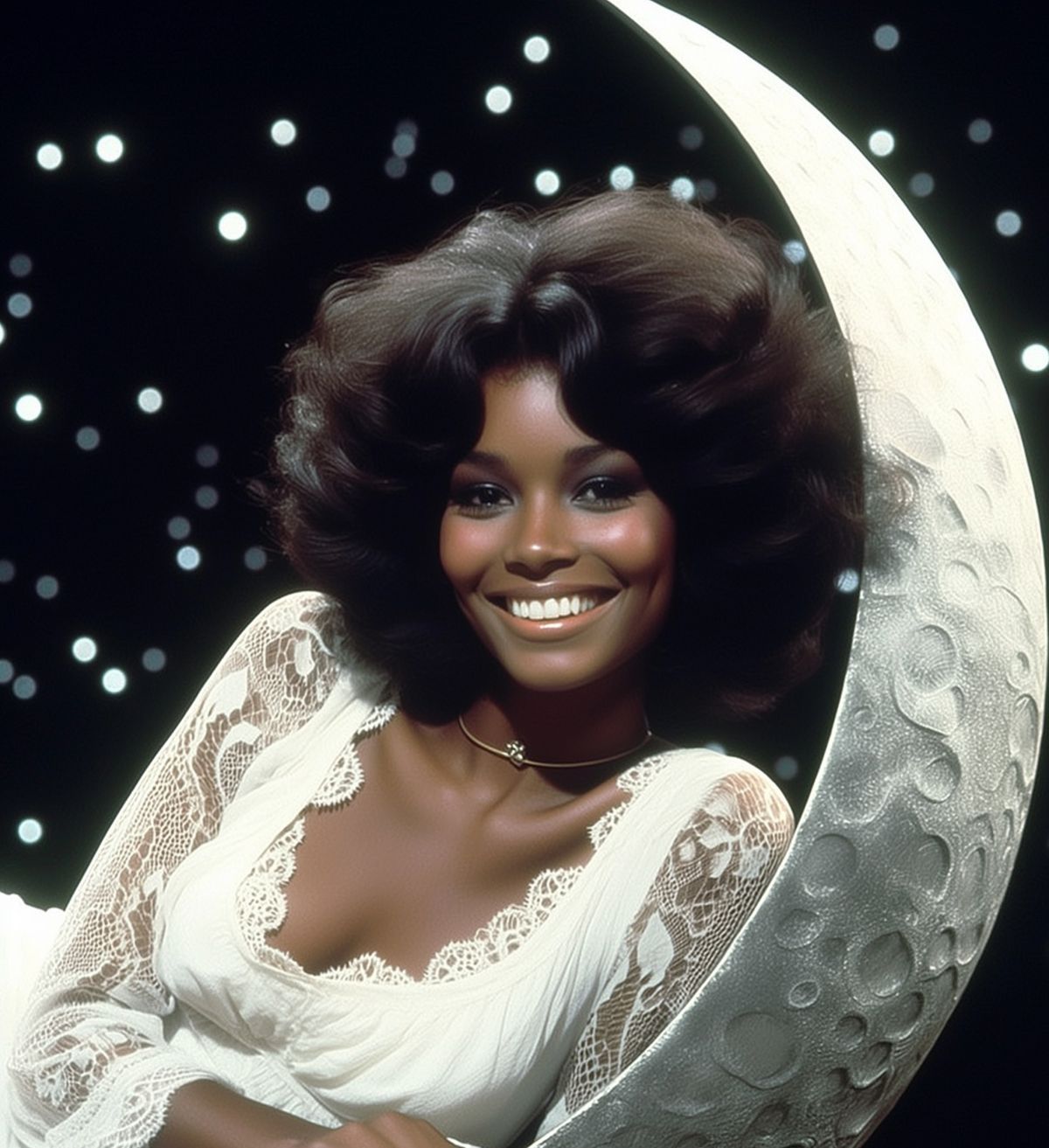
Moon Opposite Ascendant
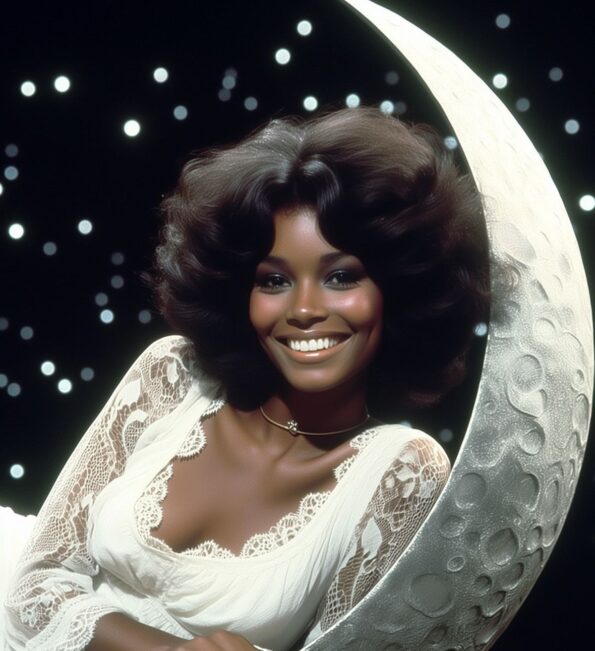 When you have the Moon opposite the Ascendant, it literally means that your Moon is facing off with the your outward mask, your social self, the face you show the world. The inner tides of your emotional world often rise up in contradiction to the image you’re presenting. This could make things feel a bit unstable at times! You see, the Moon governs your instincts, your moods, your inner child. The Descendant is the domain of “the Other,” of relationships, of the mirror through which you view yourself via others. This can lead to a sort of emotional vulnerability in the face of connection, a feeling that you’re perpetually waiting for someone else to validate your security or soothe your inner tides. This might make the world feel a little prickly at times. The world isn’t unsafe, but your internal radar is so finely tuned to the emotional weather of others that their storms feel like your own. And when others aren’t calm and composed—or when they are calm and composed while you’re inwardly tempestuous—you can feel exposed. Moody? Possibly. But let’s not reduce it to petulance. It’s more that you carry the moonlight within you, and the phases shift behind your eyes. The people around you might not always notice the change in atmosphere, but you do. Your emotional barometer is dialled up.
When you have the Moon opposite the Ascendant, it literally means that your Moon is facing off with the your outward mask, your social self, the face you show the world. The inner tides of your emotional world often rise up in contradiction to the image you’re presenting. This could make things feel a bit unstable at times! You see, the Moon governs your instincts, your moods, your inner child. The Descendant is the domain of “the Other,” of relationships, of the mirror through which you view yourself via others. This can lead to a sort of emotional vulnerability in the face of connection, a feeling that you’re perpetually waiting for someone else to validate your security or soothe your inner tides. This might make the world feel a little prickly at times. The world isn’t unsafe, but your internal radar is so finely tuned to the emotional weather of others that their storms feel like your own. And when others aren’t calm and composed—or when they are calm and composed while you’re inwardly tempestuous—you can feel exposed. Moody? Possibly. But let’s not reduce it to petulance. It’s more that you carry the moonlight within you, and the phases shift behind your eyes. The people around you might not always notice the change in atmosphere, but you do. Your emotional barometer is dialled up.
The Moon opposite the Ascendant isn’t a malfunction of the psyche, it’s more of a soft light cast from behind you, never quite illuminating your path but always shaping the shadows around you. When the Moon sits at the Descendant, it opposes your Ascendant in the chart—but it’s also a kind of reverse gravity, where your inner tides are more attuned to the realm of other people than to the outward-facing self. It’s not that you can’t go out into the world with confidence—it’s that your inner compass is pulled toward the emotional landscape of those closest to you. You don’t feel entirely “yourself” unless mirrored through a connection, a safe harbor, a witness who sees the full you—not the mask, but the mess, the magic, the moonlight behind your eyes.
Some astrologers say that you spiral when hurt or retreat into a shell—but these aren’t mere neuroses; they’re natural reactions to a world that, at times, feels unsafe. You move through life with your feelings trailing behind you—sometimes cumbersome, but always present. And if you find yourself withdrawing, it’s only to recalibrate. Your Moon, tucked away on the Descendant, means your emotional equilibrium isn’t self-contained—it’s relational. You you need relationships like skin needs air. The right partnership orients you. It gives shape to your own emotional waves, reflecting them back in a way that feels grounding, coherent. Without this kind of mirroring, the world can feel loud, confusing, full of sounds but lacking resonance.
Perhaps this is why the classic psychological interpretations of this aspect can feel a bit thin. They describe the behavior, sure—withdrawal, reactivity, moodiness—but they miss the why. The emotional attunement you possess isn’t dysfunction, it’s sensitivity to disharmony. When your environment or your relationships lack emotional authenticity, it’s static on a radio—you can’t tune into yourself properly. And so you step back. On many levels, it’s true—you can ‘feel unsafe without a partner.’ But there’s also a deeper truth: your emotions want to be shared. They were never meant to live in isolation. They ache for communion, not only comfort. A really timid Moon might want to hide in someone else’s arms. You might just need a space where your Moon finds a place to rest, to be seen, to be held without explanation.
To have the Moon conjunct the Descendant is having your soul’s softer, more tender aspects lodged in the realm of the Other. Not only “others” in the general sense, but a significant, binding kind of Other—partners, close companions, mirrors in human form. It’s there that your needs dwell. And that’s what makes this placement so deeply potent. The Moon is angular. It sits on one of the four crossroads of the chart—the axes that shape the skeleton of a life. When a planet occupies such a place, it’s not a background player. It’s has a strong presence whether you like it or not.
The Moon usually behaves like water. Gentle, adaptive, a little shy of the spotlight. It’s reflective rather than assertive, changeable rather than fixed. So to have it placed so prominently—conjunct the Descendant—means your emotions are not simply “part of you,” but relational currency. Your very experience of self becomes shaped through emotional exchange with others. In partnership, in intimacy, in connection.
This creates a fascinating tension. The Moon, by nature, seeks familiarity, safety, home. But when it’s over there, staring across at the Ascendant, it’s placed where you meet the world. And yet—it’s not in the Ascendant. It’s opposite. So your emotional identity isn’t expressed through your face, but rather, through the eyes of someone who truly sees you. You don’t identify fully with your Moon in the way someone with it on the Ascendant might. They wear their feelings on their sleeve—you keep yours in your pocket, pulling them out only when it feels safe.
So while some may interpret this as emotional dependency, it’s really more like lunar diplomacy. Your inner tides want to harmonize with another’s. Your sense of self is heightened, understood, and illuminated through relationship. You seek mirroring, the mutual illumination that occurs when two emotional landscapes intersect and recognize each other. This is why your relationships are revelatory. They show you to yourself. They give your Moon a place to land, to express, to stop merely watching and begin participating. You’re not emotionally defined by solitude, but by connection. This is because your emotional nature is intrinsically responsive. You bloom in mutuality. Angular placements are no joke. They form the backbone of incarnation, the crossroads where fate meets personality. To have the Moon here is to carry a kind of emotional mandate. To learn the art of relational presence. To bring depth, nurture, and sensitivity into the dance of the “I” and the “Thou.”
Here is what often what gets missed in the quick-reference guides and surface-skimming astrology books. When people say interpret “Moon opposite Ascendant,” what the astrologer interprets, most of the time, is “Moon conjunct Descendant”—and that’s only half the story. It’s like describing the moonrise but forgetting the horizon it’s rising over. Because what’s often neglected is the tension of the opposition—the dynamic pull between your inner world of feeling (Moon) and your outward-facing self (Ascendant). You can’t just say you’re ‘sensitive in relationships’—there’s a bit more to it. It’s a full-blown identity dilemma, a seesaw between self and other, a kind of soulful tug-of-war between the comfort of merging and the call to stand alone.
When your Moon is conjunct the Descendant, relationships become a kind of emotional hearth. You’re likely to be deeply tuned in to your partner’s moods, needs, preferences—sometimes to the point of self-erasure. Overadaptive is a perfect word for it. You might shape-shift emotionally just to keep harmony, keep the peace, or feel needed. Your lunar instinct wants to nurture, to respond, to be needed. But what happens then, to your Ascendant? To the “I am”? It can get a bit dimmed.
The Ascendant is how you enter the world. It’s your launchpad, your stylistic fingerprint, your way of saying, “Here I am, this is me.” But with the Moon beaming its needs across the axis—saying, “Wait, are we safe? Are we connected? Are we loved?”—this expression of self can become interrupted.
So while the books wax lyrical about the Moon’s role in partnerships, they often shy away from the contradiction: that the Moon, in opposition to the Ascendant, is always watching you enter the world but never quite feeling like it’s the one doing the entering. You might question whether your personality is a true expression or just a reaction—an adaptation to what you think others expect, feel, or need. And that’s why this opposition is so potent. It’s discovering how to be whole within closeness. How to honor the Moon’s need for relational safety without eclipsing the Ascendant’s need for autonomous selfhood. You’re learning to say, “Yes, I care deeply about your needs, but here I am too, with my own strange light, not waiting to be reflected but burning all on my own.”
See, describing the conjunction is easier. “Moon conjunct Descendant = emotional sensitivity in relationships.” Clean. Contained. But the opposition speaks to a journey. A life-long struggle of learning how to meet others fully without leaving yourself behind. And it’s not a problem to fix—it’s a kind of soulful art. A lunar balancing act, performed daily, where you become both the moonlight and the mirror
The Moon nestled into the Descendant, on the western sky of your chart, is a source of vulnerability. It’s a placement that brings a strong responsiveness to others. You’re receptive, absorbent, a vessel for their emotional undercurrents. And because the Moon is so close to this angle, this axis of interpersonal life, its influence bleeds across into your sense of identity—into your very face to the world, the Ascendant.
So when your needs are so deeply wrapped up in others—when you feel seen only in the mirror of their approval, held only by the weight of their presence—there can come a kind of quiet disappearance of the Self. You may move through life so attuned to what others want, need, or feel, that your own needs become diffused. Lyn Birkbeck catches this beautifully. This isn’t a need for others—it’s the danger of dissolving into them. But then comes the turning point. The realization that your ability to feel others, to care, to be there—must also be extended inward.
This is where the Ascendant comes back into view, not as a mask, but as a meeting point. A place where you, fully formed and whole, greet the world not as a response, but as a presence. You don’t have to choose between being sensitive and being strong. Between caring and standing tall. The beauty of this placement is that your strength is in your sensitivity—once it’s anchored in a strong sense of self. When you shift the gaze from being seen through others to being seen by yourself—you don’t lose your way with people. You enhance it. Because then, when you meet others, you’re not just offering empathy. You’re offering presence. The real you, standing on your own lunar-lit path, ready to relate—as one whole soul to another.
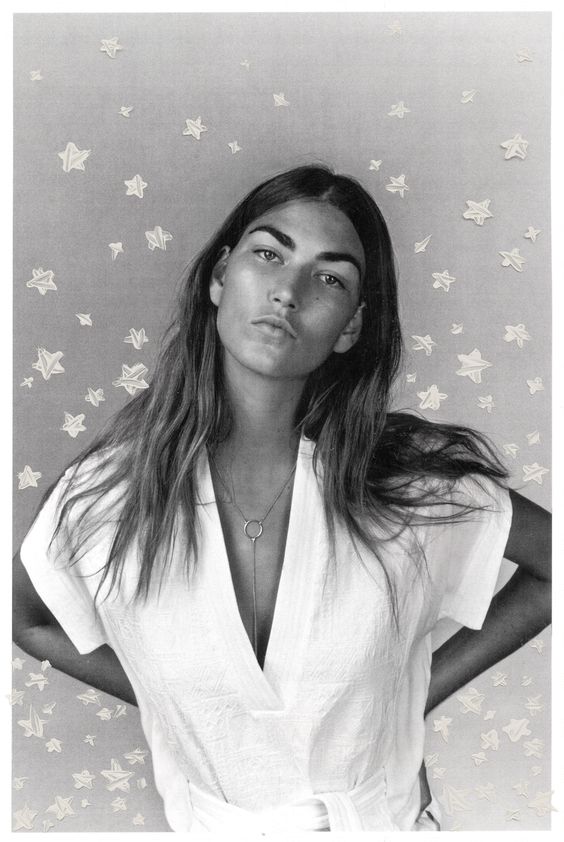
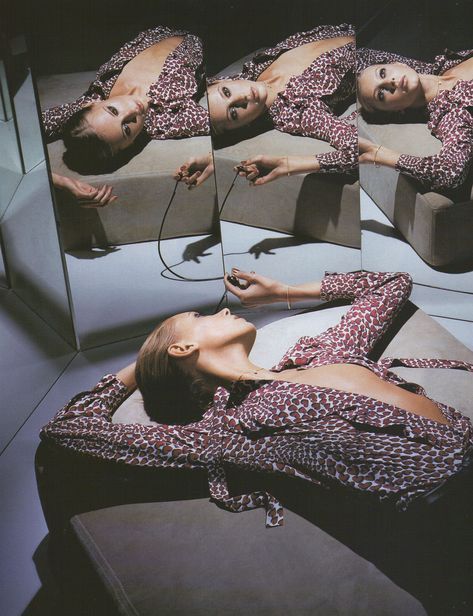
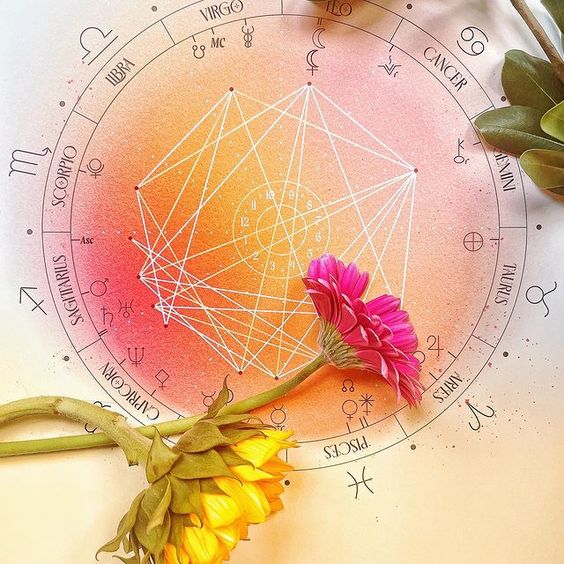
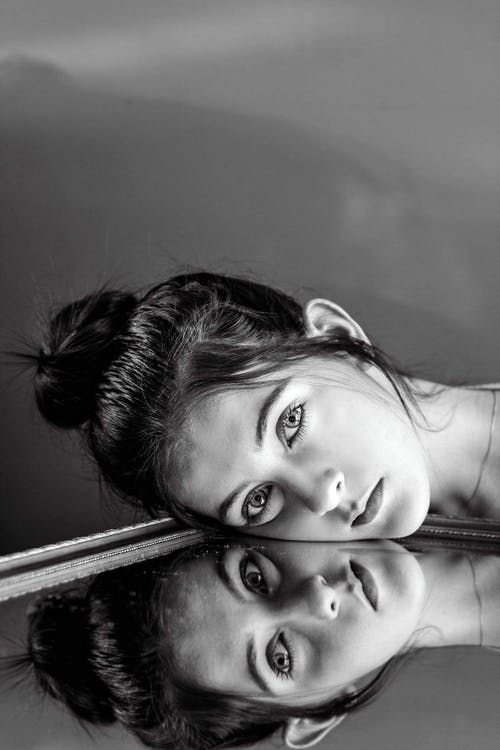
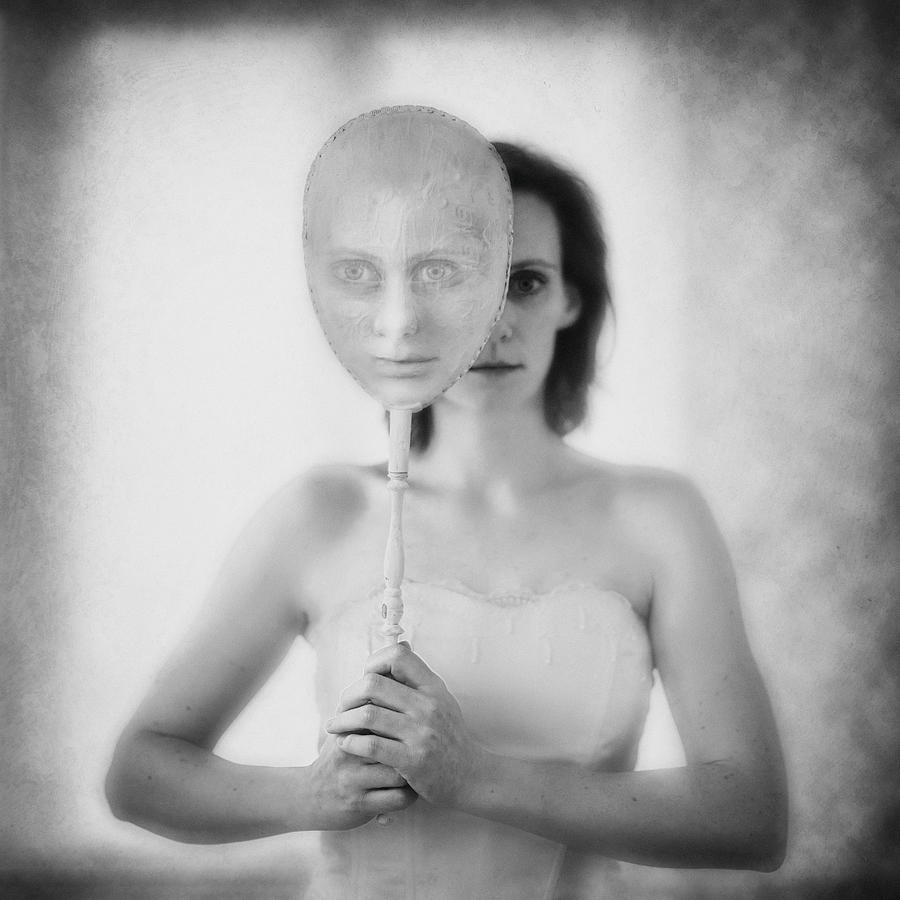




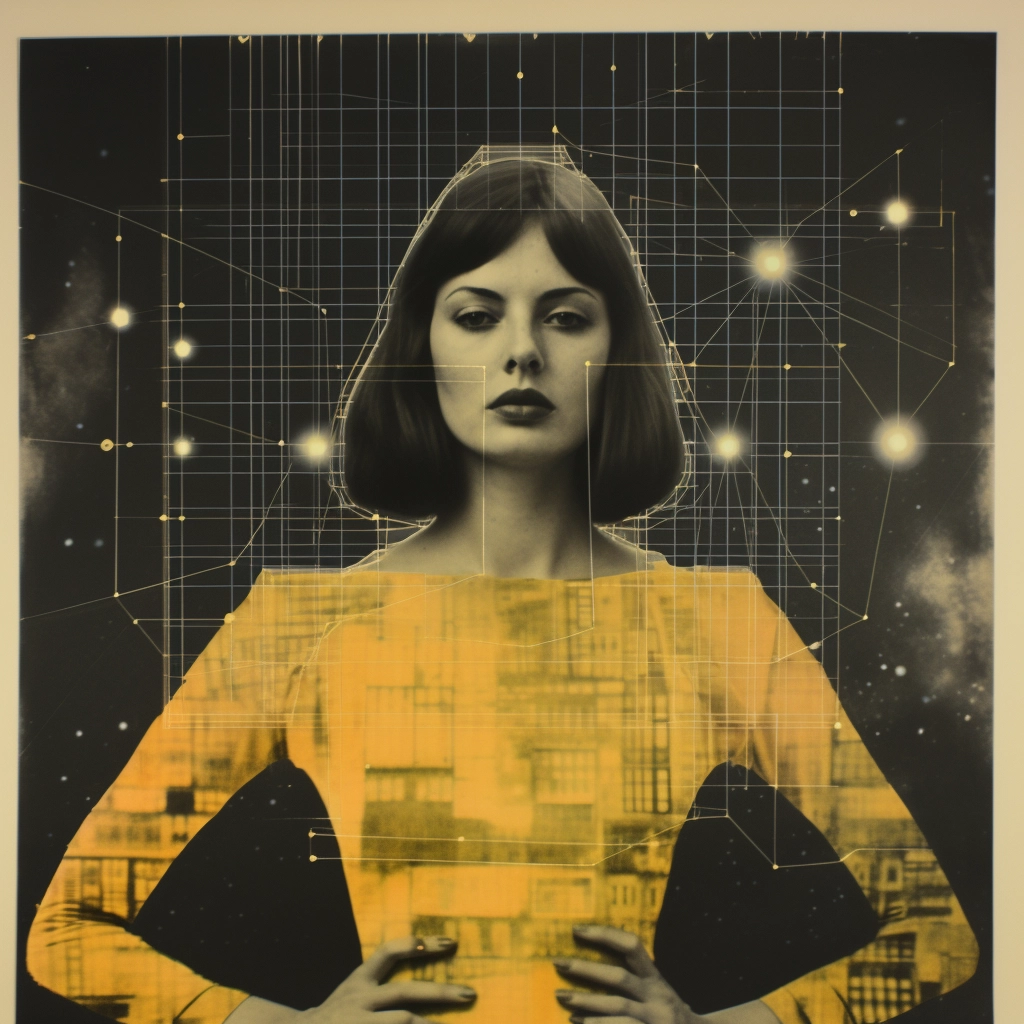





 Sun Square Pluto Synastry: You’ve Got That Power Over Me
Sun Square Pluto Synastry: You’ve Got That Power Over Me
 Mars in Aquarius: Sex drive
Mars in Aquarius: Sex drive
 Venus-Pluto Synastry: A Love So Powerful That It Might Just Kill Them
Venus-Pluto Synastry: A Love So Powerful That It Might Just Kill Them
 Pluto Transits Sun: Cycle of Renewal
Pluto Transits Sun: Cycle of Renewal
 Mars-Pluto Synastry: Something Quite Dark and Dangerous
Mars-Pluto Synastry: Something Quite Dark and Dangerous
 Neptune in the 4th House
Neptune in the 4th House
 Mars Conjunct Pluto Synastry
Mars Conjunct Pluto Synastry
 Scorpio’s Cold Withdrawal
Scorpio’s Cold Withdrawal
 Mars Square Pluto Natal Aspect: The Unbreakable Spirit
Mars Square Pluto Natal Aspect: The Unbreakable Spirit
 Reflections on a Past Venus-Pluto Synastry Aspect
Reflections on a Past Venus-Pluto Synastry Aspect
 Moon Conjunct Pluto Synastry
Moon Conjunct Pluto Synastry
 Uranus Transits 8th the House: Rebirth from Chaos
Uranus Transits 8th the House: Rebirth from Chaos
 Sun Square Pluto Natal Aspect: I Am Titanium
Sun Square Pluto Natal Aspect: I Am Titanium
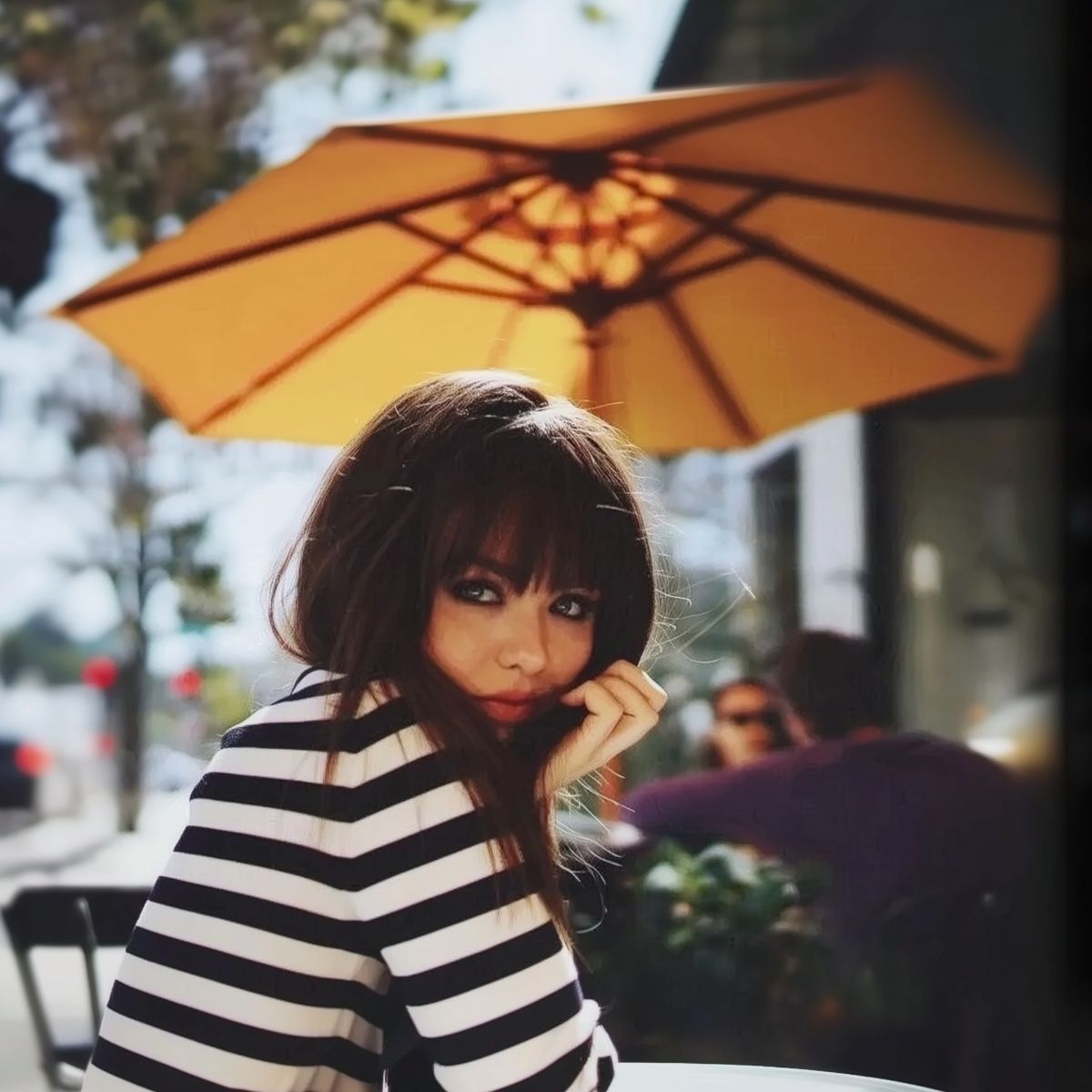 Pluto in the 9th House
Pluto in the 9th House
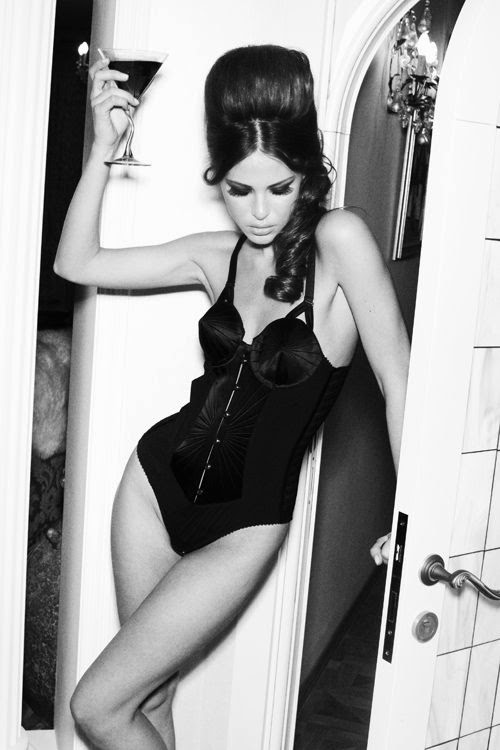 Scorpio: Sex and Revenge – You’ll Get What’s Coming To You
Scorpio: Sex and Revenge – You’ll Get What’s Coming To You
 Moon Conjunct Uranus Synastry
Moon Conjunct Uranus Synastry
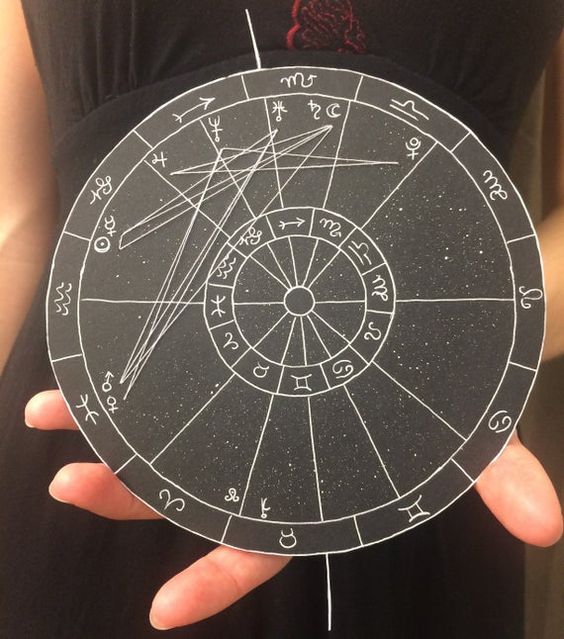 Astrology Degrees and Meaning
Astrology Degrees and Meaning
 Venus-Pluto: The Magnificent Obsession
Venus-Pluto: The Magnificent Obsession
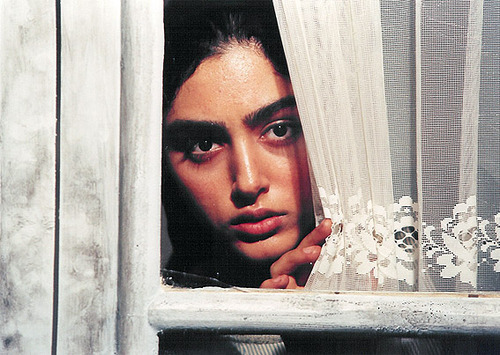 Scorpio’s Jealousy
Scorpio’s Jealousy
 Moon Conjunct Neptune Synastry: Soulmates or Emotional Shipwreck?
Moon Conjunct Neptune Synastry: Soulmates or Emotional Shipwreck?